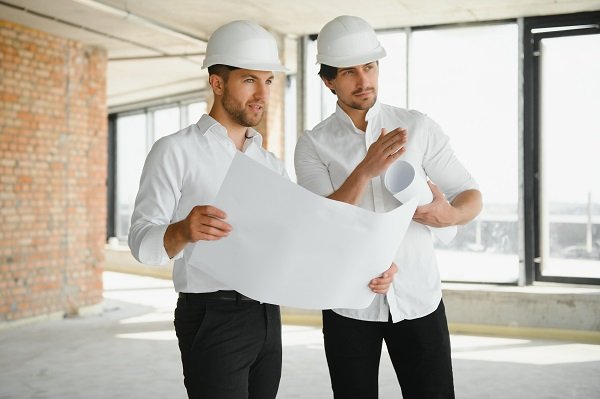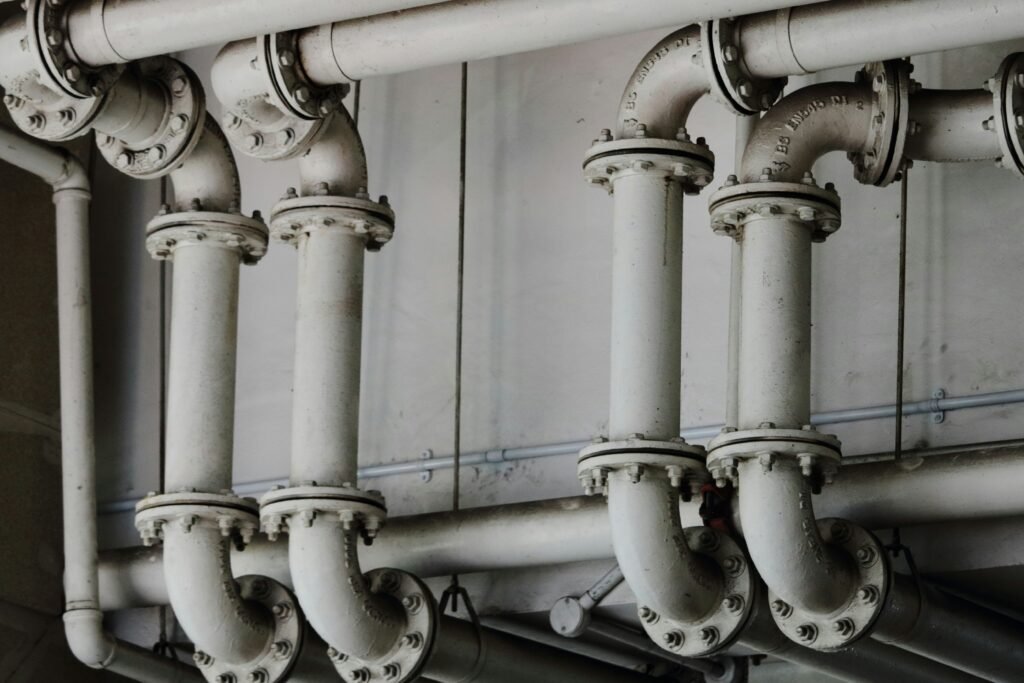It becomes important to undergo a commercial property inspection for anyone owning or planning to buy, sell, lease or invest in a Commercial property. Which comprises an evaluation to be done on the specific property of concern to enable one classify different issues and the overall status of the property.
The following aspects have to be mentioned after a detailed commercial property inspection has been done as follows:
1. Structural Assessment
The first scrutiny that the inspector will carry out is in relation to the structure of the property that is being assessed. This involves checking such sections of the building like the floor, walls, roof and any other sections that display signs of deterioration.
In the course of inspection, some of the common issues such as; crack on the walls, no wooden floor, and leak on the roof, among others, may be noticed. These findings may compromise the safety of the property and may call for very expensive repairs in case they are not corrected at the earliest convenience.
2. Electrical System Evaluation
Following that the electrical wiring and electrical system of the property is also to be inspected. This entails the inspection of the wiring and the electricity panels, outlets and the lighting systems in order to ascertain that they are standard and that they have been well installed.
Wrong wiring or bad electrical installation comes with certain hazards to the tenant and or occupants and may require drastic change to meet the current wiring standards.
3. Plumbing and HVAC Inspection
The inspector will look for any crack on the piping of water and on soldering, leakage or blockage or resource depletion that causes corrosion. In addition, the reviewing of the HVAC works as to its functionality will be done to check on its efficiency and safety.
The HVAC systems need to be in good condition especially if the property owner wants to offer comfort inside the building.
4. Exterior and Grounds Examination
Special attention will be made to the outer lining of the property, starting from the outer walls of the buildings, up to the parking lots, green areas, and drainage systems.
The inspector will assess whether there are any defects on the outer surface of the structure or simply areas on the exterior surfaces that will be showing signs of wear and tear, small cracks on the paint or any other manifestation of deterioration of some of the surface features of the structure like cracks in the pavement of the parking areas and walkways.
It is beneficial in the sense that it ensures that there is no water build-up which is likely to bring some structural issues in the event of.
5. Know the Structure of Building Components
It is also known that the structure and most of the components of the building codes and regulation standards were followed such as width, depth, height, slopes, and guardrails all conformed to the minimum prescribed norms.
It is also necessary that the ais will also entail the inspection of the property in regards to its compliance to building codes and standards.
This includes confirming as to whether or not the property complies with the current laws on zoning, has a current certification on issues of safety against fire and other disasters, and meets the required standards as far as physical accessibility is concerned. Failure attracts penalties or possibly extensive retrofitting results in compliance with the set code.
6. Detailed Inspection Report
That is why, after the inspection, you will receive a non-ambiguous report concerning the findings. If there are problems detected throughout the inspection of the building, this report shall contain information about such problems and suggestions for the necessary repairs or other examinations.
It is also very useful when it comes to such things as haggling over the price when one is buying the property, or when planning on the kind of maintenance for the property when one already owns it.
Finally, the best approach is to secure a commercial property inspection because it indicates weaknesses that may exist in the property before one invests in them. It can therefore help equip you with the knowledge and understanding on what to expect from this particular inspection, when it comes to your commercial real estate transactions.



